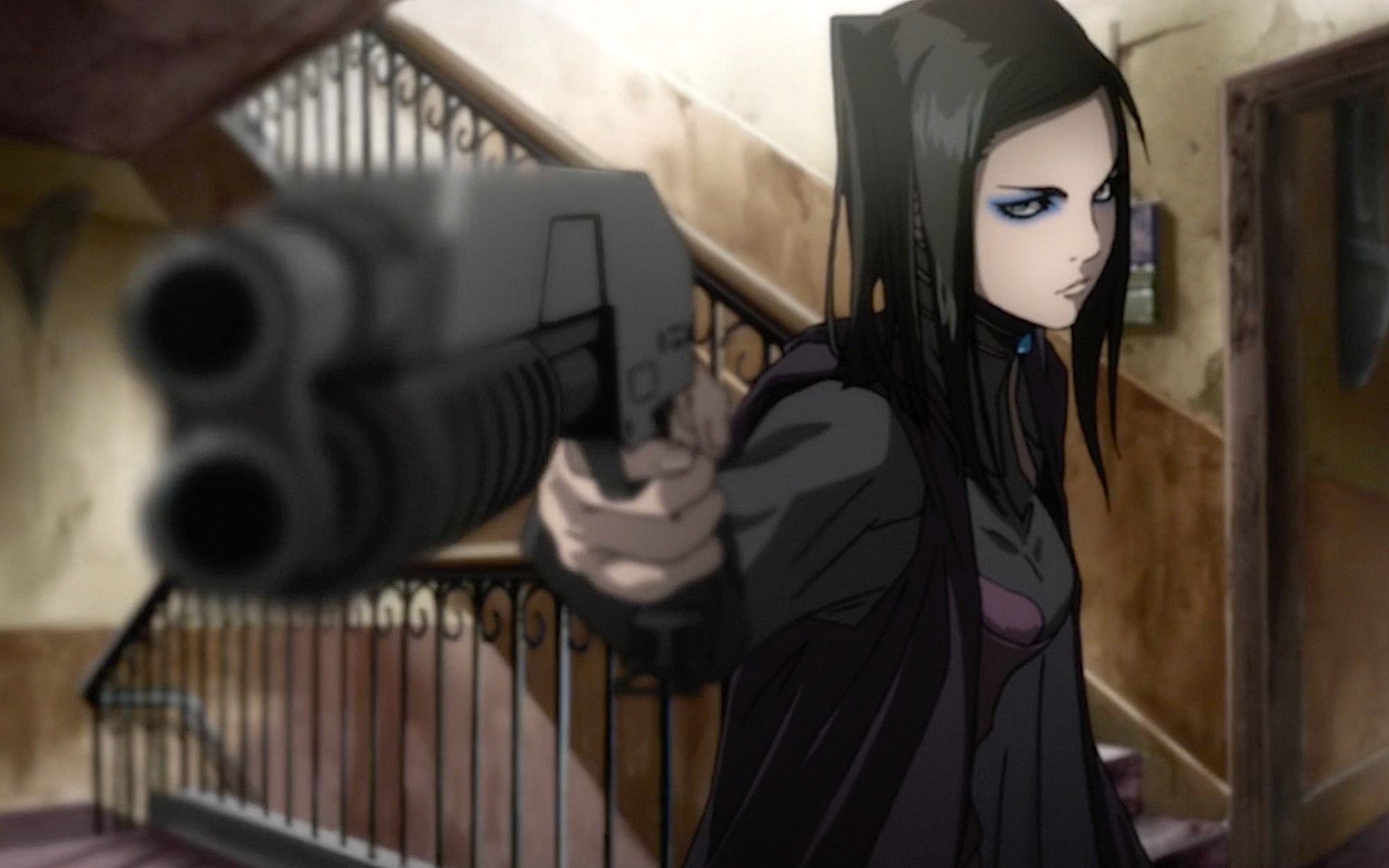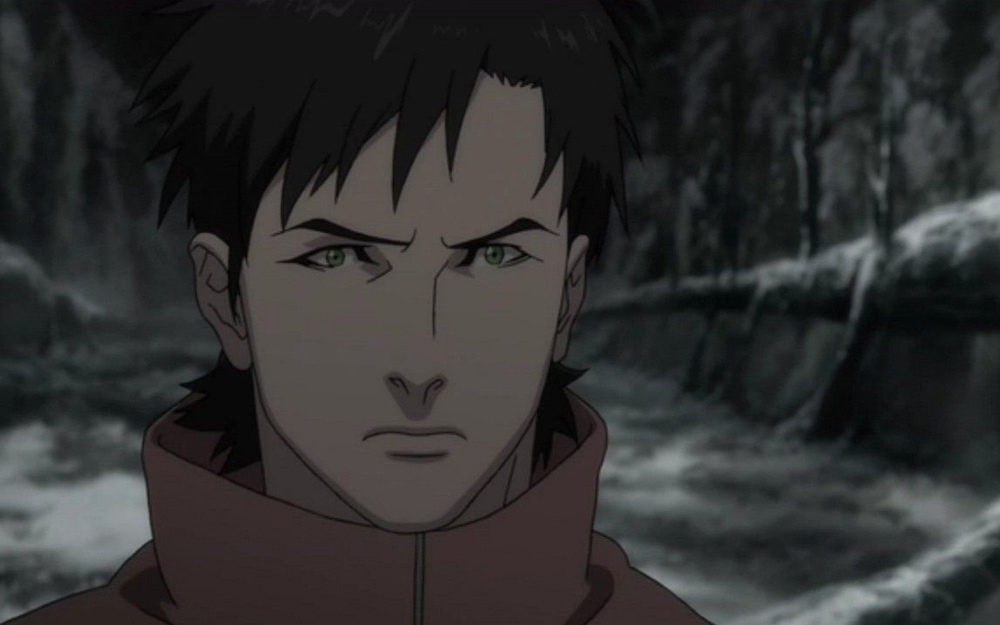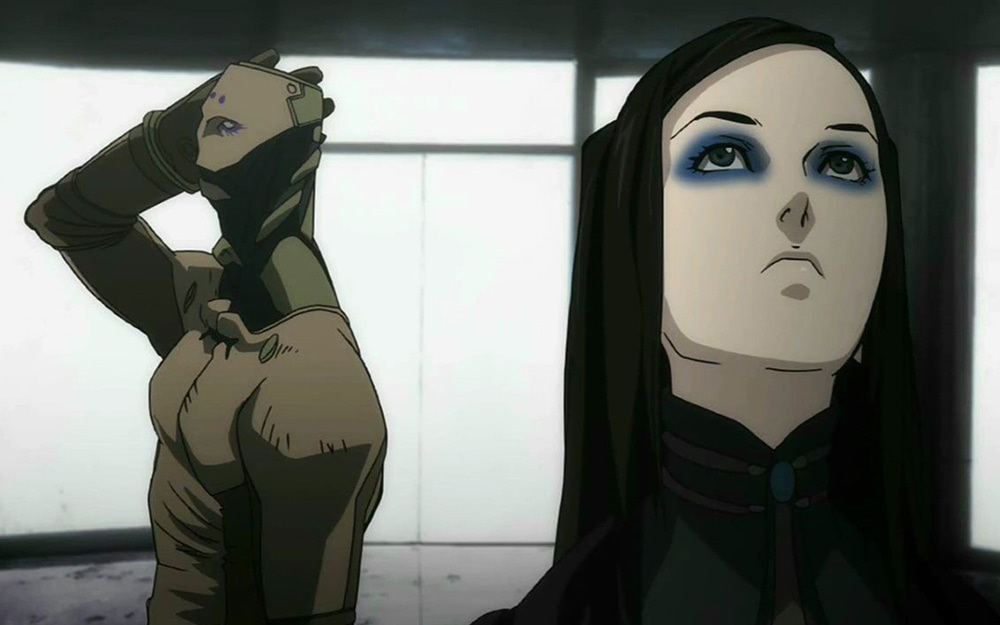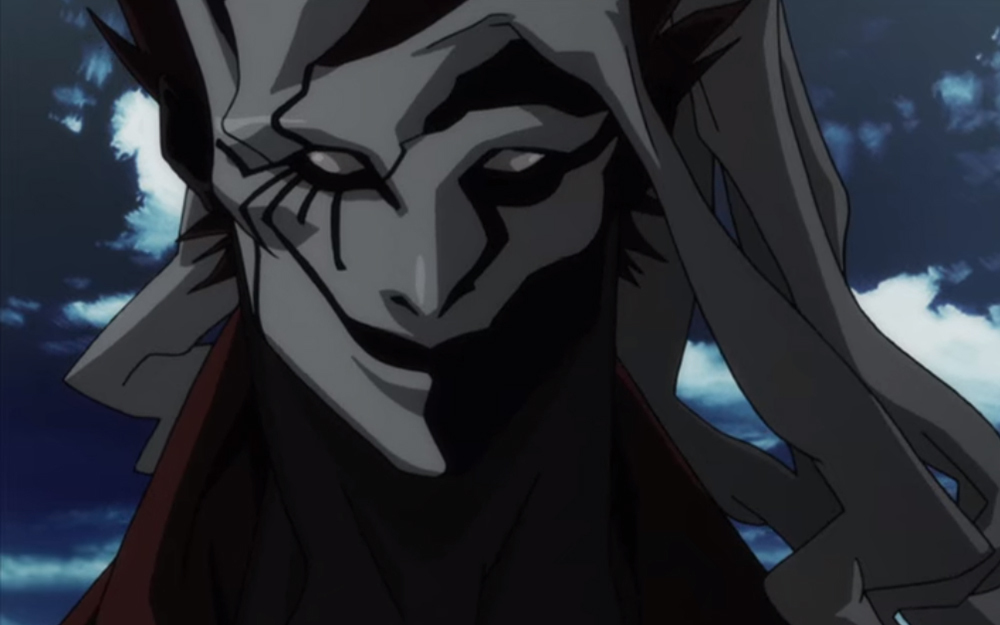Ergo Proxy by Shūkō Murase (Review)

During the early-to-mid ’00s, there was a slew of ambitious anime titles including Texhnolyze, Wolf’s Rain, Paranoia Agent, Witch Hunter Robin, Darker than Black, and Ghost in the Shell: Stand Alone Complex. They took anime’s propensity for philosophical musings (we see you, Neon Genesis Evangelion) and blended it with bleak storylines, antihero characters, dark (even dystopic) fictional worlds, and cutting edge production that combined traditional cel animation with CGI.
And then there was Manglobe’s Ergo Proxy which, when it comes to over-the-top animated philosophizing, might just be at the very top of the list.
Unlike some of those aforementioned titles, Ergo Proxy was not originally produced for broadcast TV, but rather, for a premium satellite channel and DVD release. As such, commercial and merchandising prospects were less of a concern, which allowed director Shūkō Murase (who also directed Witch Hunter Robin) and writer Dai Satō (Cowboy Bebop, Eureka Seven) to pursue their philosophical storytelling interests with fewer constraints.
Some of this manifests simply in the character’s names, which reference Ignatius of Loyola, Jacques Derrida, Jacques Lacan and other famous philosophers. More broadly speaking, though, Ergo Proxy is a deeply existential dystopic tale that seems intent on doing everything it can — through its overwrought dialog, convoluted mythology, and obtuse character arcs — to leave viewers scratching their heads, for better or worse.

Thousands of year from now, environmental disasters have reduced Earth to a barren wasteland, forcing the remaining humans to live in large domed cities. One such city is Romdeau, where citizens have their every need met and live lives of ease and comfort with the help of android-like companions called AutoReivs. However, life in Romdeau is carefully regulated, a fact that rankles young Re-L Mayer, a government agent investigating a series of murders committed by AutoReivs that became self-aware after being infected by a strange virus.
During her investigation, Mayer meets Vincent Law, an immigrant to Romdeau who works a dangerous job hunting down infected AutoReivs in the hopes of becoming a proper citizen himself. Although he seems insignificant at first, Law becomes the focus of his own investigation after a bizarre monster attacks him in broad daylight and subsequently slaughters countless bystanders. But Mayer begins to suspect Romdeau’s leadership, including her own grandfather, of hiding something after she herself is attacked and nearly killed by monsters, an event that is quickly covered up.
Mayer and Law realize that nothing is what it seems in Romdeau, and along with a child-like AutoReiv named Pino, they embark on a journey to discover the truth of the world. This journey will take them far beyond Romdeau’s dome and force them to re-evaluate everything they know about their existence as they try to answer a single question: What are the mysterious creatures known only as Proxies, and what’s their purpose on Earth?

With its muted color palette, obtuse plot that unfolds at a glacial pace, and assortment of frustrating characters who are incapable of having a casual conversation — sample dialog includes such pithy statements as “The emotions I can’t resist softly beckon me to destroy,” “He stole the light from this misbegotten world, the light of destruction, the despair our world so craved,” and “As an observer, I am the point of view that creates the world” — Ergo Proxy is far from easy viewing. There’s a difference, however, between not wanting to spoon-feed audiences, and denying them any clues whatsoever as to what’s going on.
Episodes often begin in media res with our protagonists in some bizarre new setting with no explanation or context, be it a mysterious bookstore in the middle of nowhere that’s filled with empty books, a twisted game show, or an amusement park where the characters come alive. Which gets at Ergo Proxy’s biggest problem: it seems far more interested in posing philosophical quandaries than actually telling a cohesive, captivating story filled with characters that you care about.
Interesting narrative and character developments (e.g., Mayer and Law’s burgeoning romance, Mayer’s relationship with her own AutoReiv, Law’s struggle to gain his pre-Romdeau memories) are always sacrificed to make room for yet another scene of characters trading portentous dialog about the despair of existence or something similar. There are moments when it seems like the series will finally address long-burning questions concerning the Proxies, the secret of the domed cities, and other important facets of the world, but Ergo Proxy will literally kill off characters before it doles out any answers. (And the few answers that are given are restated again and again… and again.)
This is ultimately frustrating, because what is gleaned when Ergo Proxy sets aside the philosophizing and just focuses on actually telling its story is really cool and intriguing. I can’t help thinking that with a bit more focus and a bit less heavy-handed seriousness, Ergo Proxy could have made its overall points in a much more affecting and entertaining manner.

So why watch Ergo Proxy? For starters, because I’m a sucker for philosophizing anime, and for all its storytelling faults, insistence on ambiguity, and frequent rabbit trails, I actually admire Murase and Satō’s sense of ambition here. (Not everyone would choose to create an entire anime inspired by René Descartes’ famous quote.) That, and their willingness to commit what would’ve almost certainly been commercial suicide had Ergo Proxy been a normal network show. Now, decades later, Ergo Proxy is the sort of anime that inspires think pieces.
Technically speaking, the series still looks great even after a couple decades, and with her blue eye-shadow and goth wardrobe, Re-L Mayer’s look remains one of the more memorable ones I’ve ever seen in anime. (Kudos to character designer Naoyuki Onda.) With its slow pace and emphasis on mood and atmosphere, which are greatly enhanced by Yoshihiro Ike’s moody electronic soundtrack (replete with Gregorian chant, so you know it’s serious), Ergo Proxy’s considerable style often feels more substantial than its actual substance. Whether that’s enough to make it through twenty-three episodes will depend on the viewer, of course.
Ergo Proxy is a curious product of ’00s anime. There’s nothing commercial about the series, which is almost by design to hear Shūkō Murase tell it. It’s all about the ideas. And to be sure, there are plenty of fascinating ideas sprinkled throughout its runtime. But for my money, those ideas are all too often hidden and obscured, tantalizing the viewer but never truly satisfying or living up to their potential.
